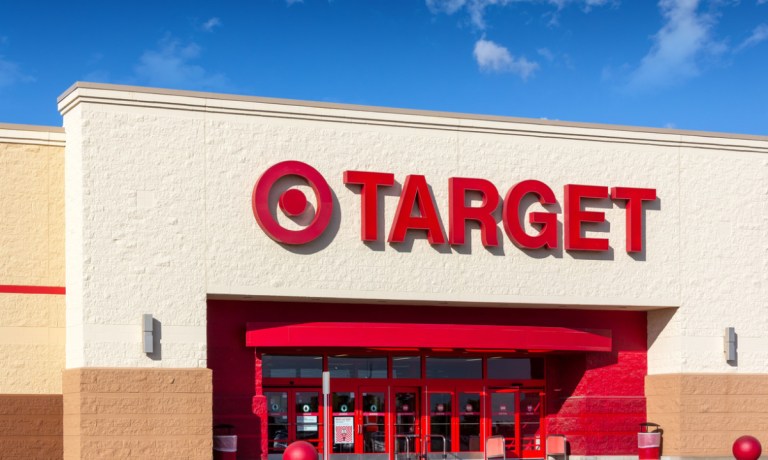Walmart and Target Fund Campaign to Stiffen Shoplifting Penalties

Walmart and Target are the top funders of a campaign that aims to roll back a California law that critics say has led to a surge in retail theft.
This law, Proposition 47, enacted in 2014, aimed to reduce penalties for lower-level drug and property crimes but has been criticized for leading to a surge in smash-and-grab robberies and other crimes, Bloomberg reported Friday (Feb. 9).
The two retailers are among those supporting a proposed ballot measure that seeks to give prosecutors more power to charge accused thieves as felons and compel drug users into treatment by threatening jail time, according to the report.
Supporters of Proposition 47 say the law has reduced incarceration rates, addressed racial disparities in arrests and cut prison costs, per the report. However, critics point to an increase in smash-and-grab robberies and open-air drug use as evidence of the law’s shortcomings.
The proposed ballot measure aims to address these concerns by giving prosecutors additional tools to combat theft and drug addiction, the report said.
For example, it would allow prosecutors to charge accused thieves as felons by combining separate theft incidents to surpass the $950 threshold, per the report. The reform would also increase sentencing for individuals involved in organized retail crime or those who steal more than $50,000 worth of property.
Walmart has donated $1 million to the campaign supporting the proposed ballot measure and Target has contributed $500,000, according to the report. Other supporters include the California District Attorneys Association, a prison-guard union and Macy’s.
The National Retail Federation (NRF) reported in September that retail shrink rose from $93.9 billion in 2021 to $112.1 billion in 2022.
“Retailers are seeing unprecedented levels of theft coupled with rampant crime in their stores, and the situation is only becoming more dire,” David Johnston, vice president for asset protection and retail operations at NRF, said at the time.
In September, Target said it was shuttering nine stores in four states, including California, due to a wave of shoplifting. The company said it had “invested heavily” in theft deterrents but was unable to operate those nine stores safely and successfully.